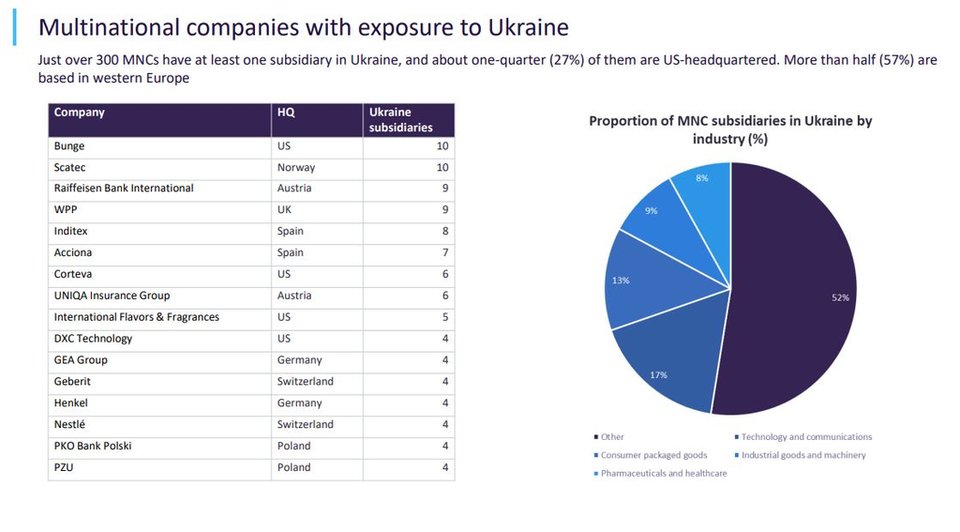Ukraine crisis briefing
Powered by
Download GlobalData’s Ukraine Crisis Executive Briefing report
- ECONOMIC IMPACT -
Latest update: 16 November
Since the Russian invasion of Ukraine last February, our view has been that the war and the associated sanctions shock will be protracted. Since the last edition of our Ukraine Conflict Executive Briefing was published on 16 September, developments on both the military and diplomatic fronts might suggest a more rapid resolution, possibly within months rather than years.
However, while reaffirming a readiness to negotiate, both Ukraine and Russia have signalled intransigence on territorial preconditions. This raises the prospect that hopes for a near-term resolution are unlikely to be borne out, with the risk that conflict will only come to an end only through the collapse of the war effort of one of the two sides.
Economic impacts
Major European governments, with crucial support from the US, will use their fiscal heft to withstand the shock to the European economy from the interruption of most Russian piped gas exports and to provide the necessary unconditional support for Ukraine.
Financial struggles
GlobalData now forecasts that the world economy will grow at just 3.1% in 2022, down sharply from the 5.9% growth in 2021. At the same time, the global inflation rate is now projected to rise to 8.4% in 2022 from 3.5% in the previous year, up from 8% in the last report.

- SECTOR IMPACT: POWER -
Latest update: 16 November
Revenue predictions
Ukraine’s state-owned nuclear operator Energoatom has completely shut operations at the Zaporizhzhia nuclear power plant (NPP) to mitigate the fear of radiation discharge as war has intensified in the region. Gazprom, the Russian state-owned gas monopoly supplier has cut gas supply to Europe after announcing that a leak has been detected in the Nord 1 gas pipeline which would take indefinite amount of time to fix.
Energy prices
The G7 countries have agreed a plan to put a ceiling on Russian oil prices. The cap is expected to be introduced at the same time as planned EU embargoes on Russian oil kick in: on 5 December for crude and 5 February for refined products, such as diesel. The level of the cap is still being discussed. In the US, President Biden has made an emergency request to the Congress for an additional $1.5 billion for the Department of Energy to reduce reliance on Russian nuclear fuel.
Sanctions impact
The US and the UK have announced new energy sanctions against Russia. The impact of sanctions is already being felt with skyrocketing prices of oil as well as other commodities. The EU is in alignment with the G7 plan to impose additional sanctions on Russia which include ban on imports of coal. The proposed ban will impact Moscow’s annual business worth around $3.95bn from the EU.
Supply chain disruption
Around 14% of all global coal briquette exports are from Russia, making it the world’s third-largest exporter of coal. A prolonged Russia-Ukraine crisis will disrupt the global coal supply, pushing up electricity and overall energy prices. European companies are suffering yet more strain on supply chains already under pressure from the Covid-19 pandemic as the conflict in Ukraine leads to growing shortages of key components.